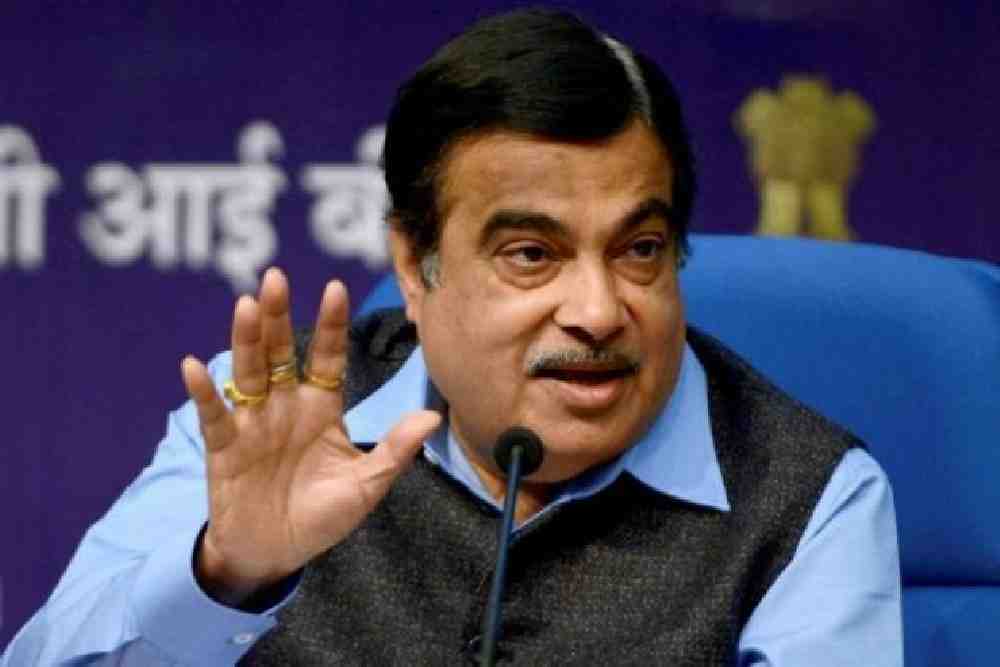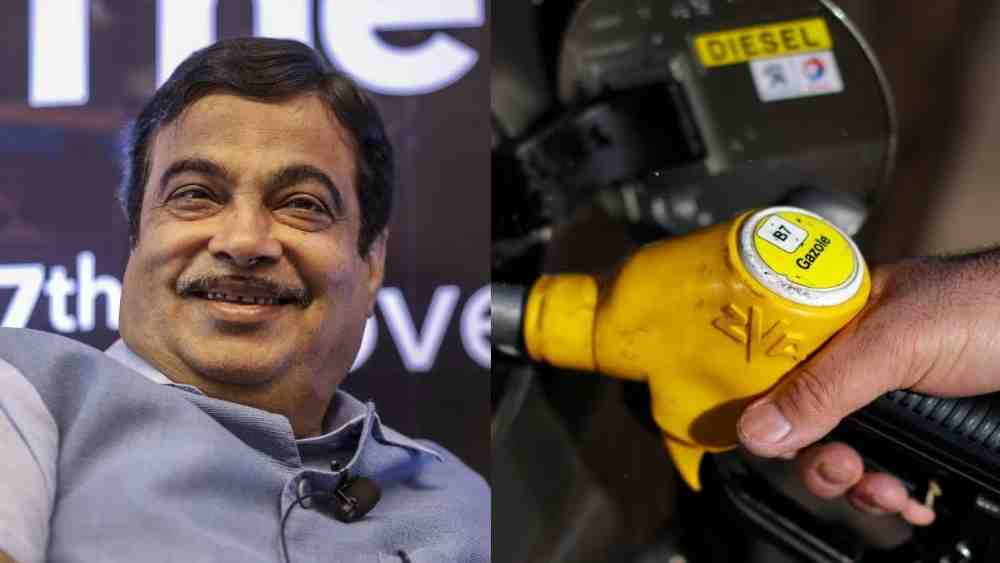The Shifting Landscape of Diesel Vehicles: Gadkari’s Tax Proposal and Its Impact
The Union Transport Minister of India, Nitin Gadkari, recently made headlines with his statement about increasing taxes on diesel vehicles. This move sparked immediate reactions from the automobile industry, leaving many questioning its implications. In this article, we’ll analyze Gadkari’s statement and its significance, shedding light on the government’s goals and the impact on the automotive sector.
The Initial Proposal: Taxing Diesel Vehicles

On September 12, 2023, Nitin Gadkari sent shockwaves through the automotive sector by suggesting an increase in taxes on diesel vehicles. He stated that the tax hike could be substantial enough to make it challenging for manufacturers to sell diesel-powered cars. The motive behind this proposal was clear: a push towards eco-friendly vehicles.
The Concerns of the Diesel Vehicle Industry
Unsurprisingly, Gadkari’s statement was met with a strong reaction from the diesel vehicle manufacturing sector. The industry, already facing challenges due to the shift towards electric and hybrid vehicles, feared the potential repercussions of increased taxes. This reaction highlighted the industry’s concerns about the impact on sales and profitability.
Clarification from Gadkari
The day after making the initial statement, Gadkari clarified his intentions. He emphasized that there was no concrete proposal for additional taxes on diesel vehicles actively under consideration by the government. Instead, the government’s aim was to combat the heavy pollution caused by diesel vehicles. He urged the industry to voluntarily reduce diesel vehicle production to avoid tax hikes.

The Decline of Diesel Vehicles
It’s essential to understand the context behind Gadkari’s statements. After the deregulation of fuel prices in 2014, the sales of diesel vehicles in India have been steadily declining. In fiscal year 2022-2023, only 18% of all passenger vehicles sold in the country ran on diesel, a significant drop from 53% in fiscal 2013-2014. This shift reflects changing consumer preferences and concerns about environmental impact.
Promoting Environmentally Friendly Vehicles
Gadkari’s objective is clear: as the automobile industry continues to grow, the dominance of diesel vehicles must not increase. He has called upon the industry to take proactive steps to decrease the production and sale of diesel vehicles. By doing so, the government aims to tackle air pollution and reduce the country’s dependence on crude oil imports.
The Proposed 10% Additional Tax
To incentivize the transition to cleaner energy sources, Gadkari proposed an additional tax of 10% on diesel vehicles. This measure aligns with the government’s commitment to curbing vehicle pollution and decreasing crude oil imports. It serves as a financial nudge for both manufacturers and consumers to opt for more sustainable alternatives, such as electric and biofuel-powered vehicles.

Gadkari’s Stance on Diesel Vehicles
Nitin Gadkari’s recent statements are not the first time he has expressed concerns about diesel vehicles. In 2021, he urged automakers to discourage the production and sale of diesel engine vehicles while encouraging the adoption of alternative technologies. This consistent stance indicates a commitment to prioritizing environmental sustainability in India’s automotive sector.
The Road Ahead
The Energy Transition Advisory Committee had earlier recommended a complete ban on diesel-powered four-wheelers in Indian cities with populations exceeding one million by 2027. This bold proposal underscores the government’s determination to address air pollution and promote green technologies.

Nitin Gadkari’s recent proposal to impose additional taxes on diesel vehicles sent shockwaves through the automotive industry. While the initial reaction was one of concern, it is crucial to understand the government’s intentions: combatting pollution and encouraging the transition to eco-friendly vehicles. The decline in diesel vehicle sales in recent years reflects changing consumer preferences and environmental consciousness. By incentivizing cleaner energy sources and urging manufacturers to reduce diesel vehicle production voluntarily, the government aims to pave the way for a more sustainable and eco-conscious future in India’s automotive sector.
